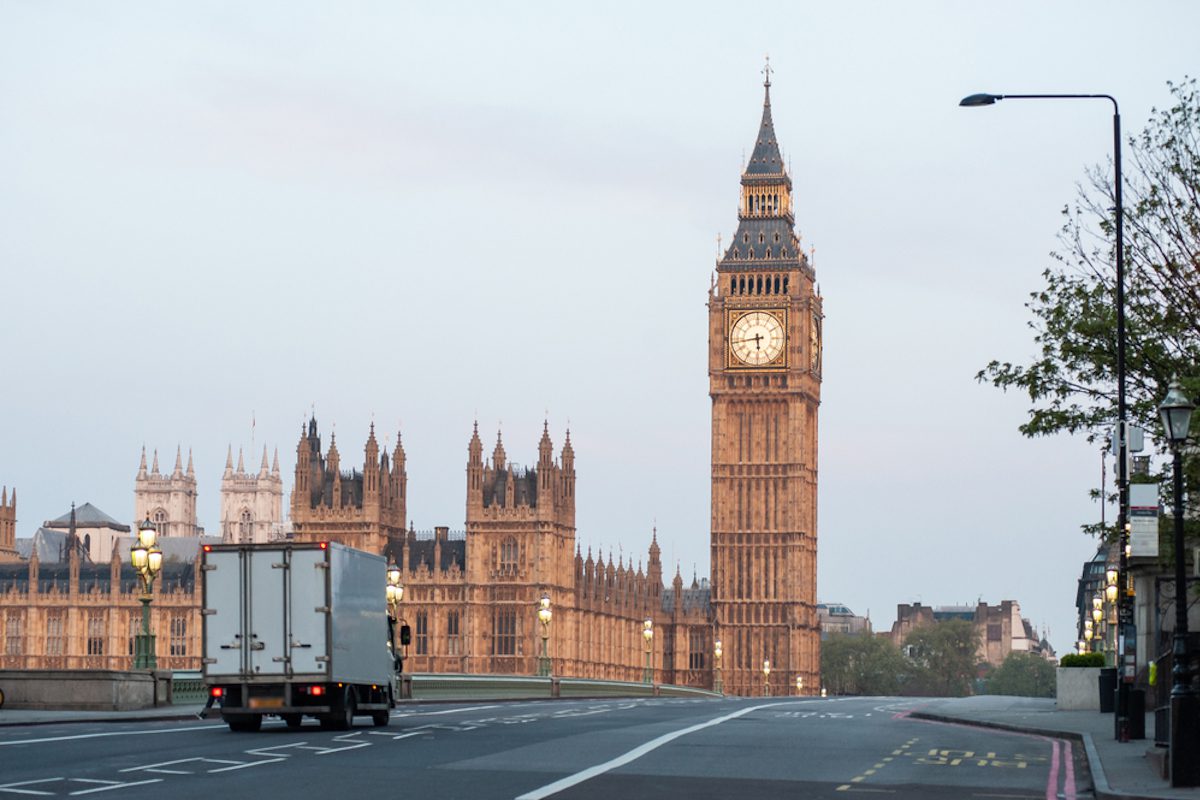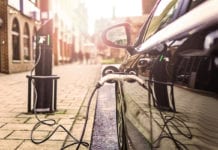
New data seem to show that only two percent of polluting vans scrapped under the ULEZ scrappage scheme have so far been switched to electric vehicles despite Transport for London (TfL) committing over £100 million in funding to businesses.
TfL reported that of the 16,207 approved applications to scrap a petrol or diesel van between January 2023 to May 2024, only 372 were replaced with an electric vehicle.
The figures were revealed in new analysis from campaign group Clean Cities on 26 June, and during London Climate Action Week as Defra was forecasting the first summer smog of the year in London and southeast England.
In 2023, the Mayor of London launched a ULEZ scrappage scheme to provide financial assistance to help Londoners and businesses scrap the highest polluting vehicles to prepare for the expansion of the ULEZ across all London boroughs.
The scheme provides grant payments to scrap, donate or retrofit vehicles that do not meet the emissions standards and switch to cleaner modes of transport.
Analysis published this week by Transport & Environment, Europe’s leading clean transport group, shows the number of vans on UK roads has increased by over a million since 2014.
The campaigners’ analysis shows carbon emissions from vans in the UK have risen 63 percent since 1990, threatening climate targets despite the growing push for electric vehicle (EV) adoption. Carbon emissions from private cars and taxis have decreased by 19 percent over the same period.
The majority of new van sales are diesel, accounting for 90 percent of all new van sales in 2023.
In contrast diesel cars registered on UK roads have fallen by 13 percent between the end of 2018 and the end of 2023 but diesel vans rose about 13 in that same period
This is reflected in harmful nitrous oxide emission levels in the UK. With emissions from HGVs and cars falling by 91 percent and 88 percent respectively since 1990 but vans have only managed a fall of 38 percent.
Recent polling, commissioned by Clean Cities, has revealed 67 percent of Londoners believe small businesses still need more support to help them switch to electric vehicles.
The survey of 4,000 UK adults also finds that three-in-five (59%) Londoners want their councils to take stronger action against air pollution and protect the environment. Nearly half (46%) also believe delivery vehicles have a negative impact on their local roads.
Campaigning for policy change, Clean Cities is launching Clean Cargo Capital, a campaign focused on accelerating the uptake of electric or pedal powered commercial vehicles in London.
The campaign is calling on Mayor Sadiq Khan to improve incentives for businesses to switch to electric vehicles, such as reviewing and reprioritising the ULEZ scrappage fund and extending the Congestion Charge Cleaner Vehicle Discount for SMEs, ride-hailing, and car-sharing services until late 2027.
The discount is set to be discontinued at the end of 2025, meaning it will cost businesses the same to drive a diesel or electric vehicle in central London, despite electric van sales lagging and diesel being one of the largest contributors to air pollution in this area.
Oliver Lord, UK Head of Clean Cities, said, “The Mayor’s van scrappage scheme is a leading endeavour but something isn’t right if only two percent of businesses in London have ditched diesel and switched to electric instead. Londoners rightly expect businesses to step up and play their part in cleaning the air and protecting the environment but more support is needed to make cleaner electric vans a viable option.
Our polling shows a majority of Londoners believe small businesses should have more support to help them switch to electric vehicles, so it’s puzzling that the Mayor is set to remove the Congestion Charge discount next year.
A newly elected Mayor and a new government offers a unique opportunity to double down and deliver the regulatory certainty, incentives and infrastructure that businesses need so that electric vans become the norm and not a nice to have.”
Ralph Palmer, UK Electric Vehicle and Fleets Officer at Transport and Environment, said: “The continued rise in van emissions in the UK is alarming. Despite the push for more electric vans on our roads, we are still witnessing a surge in greenhouse gas emissions from vans as a result of sustained sales of diesel vans, countering trends we are seeing in the car market.
It’s clear that more action is needed to boost electric van demand among fleets to ensure we achieve the triple-win of tackling emissions, reducing running costs for small businesses and boosting energy security. The new Government should bring forward plans for stronger financial support and action to improve the nation’s charging infrastructure for van drivers to ensure the UK doesn’t continue to fall behind other European countries.”







